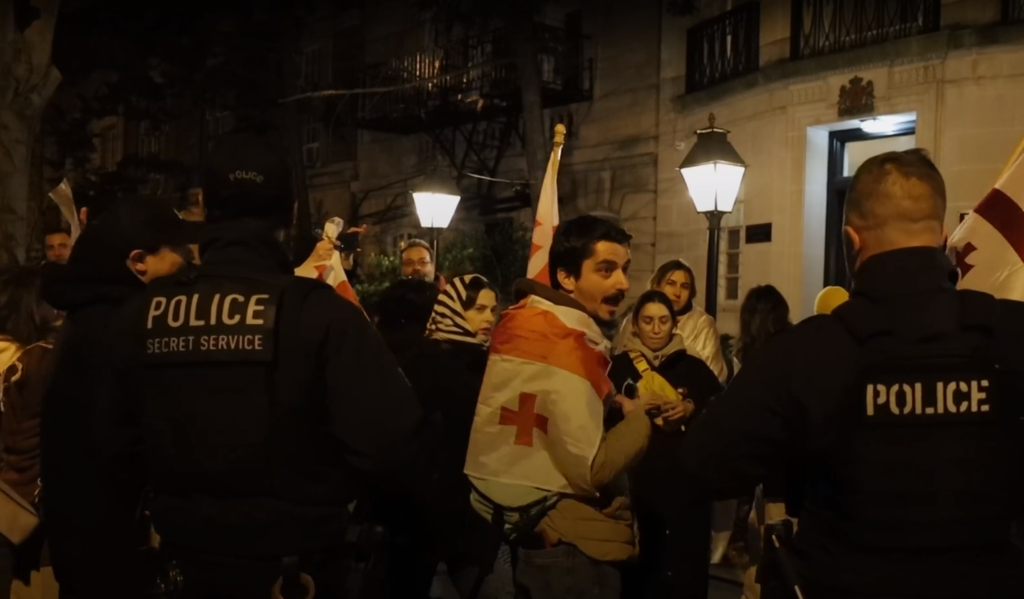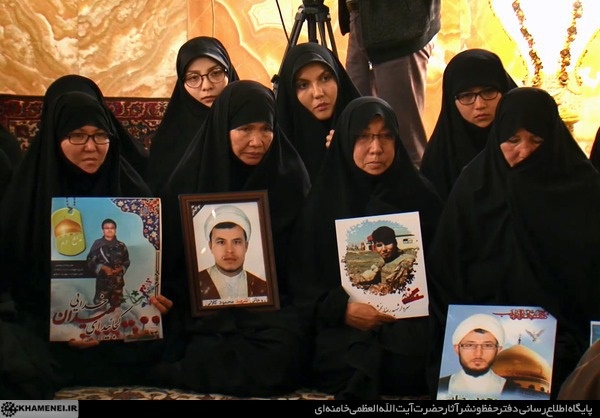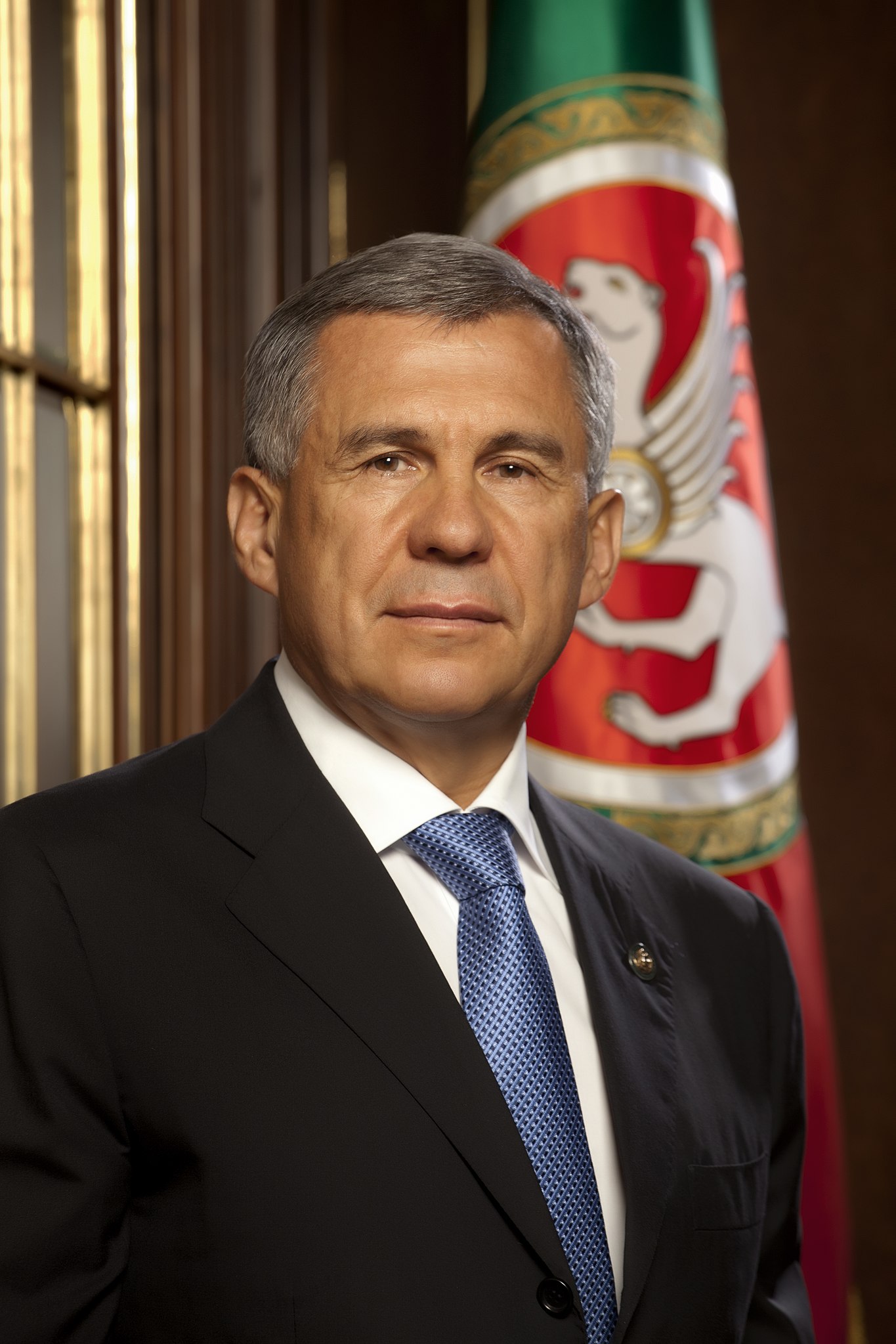
Protesters in Tbilisi, 7 March 2023.
“In any case, Georgia needs to start preparing and working on increasing its civil defense capabilities.”
The Georgian government condemned Russia’s invasion of Ukraine initially but has not taken part in any sanctions against Russia out of concern of being drawn into the conflict. Additionally, Georgia’s economy remains closely tied to Russia’s, and the government continues to contend with the regions of South Ossetia and Abkhazia, which have been occupied by Russia-supported forces since the end of the 2008 Russia-Georgia War.[i] While Georgia will likely maintain its neutrality on Ukraine, the accompanying excerpted article from the independent, non-profit think tank Georgian Institute of Politics offers a Georgian perspective of five possible outcomes of the Russia-Ukraine war. The article is a follow up to the think tank’s initial assessment of possible outcomes, which was published just a few weeks after the war began in 2022. While the report acknowledges that Georgia will not have a direct impact on the outcome of the war, each of the scenarios shows how Georgia will be affected in some way.
In the first scenario, Ukraine wins the war, which the article’s authors believes is probable, resulting in Georgia joining NATO and having deeper integration with Europe. Conversely, the article believes that this would come with the risk that Russia will then destabilize Georgia regardless of who is in power in Moscow. The second scenario examines what could happen if Ukraine turns into a frozen conflict or returns to the status quo before the war began. The article states that a frozen conflict would allow Russia time to restore its military but also would push additional Russian migrants into Georgia. Georgia could also become the focal point of Putin’s ire as he looks to claim a quick victory to compensate domestically for losses in Ukraine. This would in turn cause Georgian officials to move away from integrating with Europe and pursue a policy more in line with Russian interests.
In the third scenario, Russia achieves its strategic goals in Ukraine, and in the fourth scenario, Russia and NATO engage in full-scale war. These are unlikely according to the article. The fifth and final scenario, which the authors believe is very likely, is that a war of attrition will continue for two or more years and that this will put Georgia in a difficult position. The article notes how Georgian Dream, the ruling party in Georgia’s parliament, has been improving ties with Russia, though many in Georgia still see Russia as a threat. In early March, the Georgian government withdrew a bill requiring NGOs to register as foreign agents in Georgia after facing protest that the bill had been influenced by Russia. Lastly, the article notes that Georgia will face “major strategic dilemmas” regardless of how the war ends and recommends that Georgian officials increase civil defense capabilities and cooperation with Turkey.[ii] While the article does not claim to be an official Georgian perspective, it makes clear that Georgia will be impacted by the outcome of the war in Ukraine.
Source:
“One Year of War in Ukraine and Risk Assessment for Georgia: Five (updated) Scenarios,” Georgian Institute of Politics (an independent non-profit think tank in Georgia), 13 February 2023.
In March of 2022, just a couple of weeks after Russia launched the full-scale military aggression against Ukraine, GIP proposed four possible scenarios of future developments and their possible implications for Georgia…However, almost one year since the invasion, the conflict seems to be reaching its decisive point…
As the war continues reshaping global geopolitics, the following piece will revisit GIP’s previous assessments and offer insights into what has changed over the last 11 months since its publication. Although the war is far from over and significant battles are still ahead, five scenarios discussed in detail below offer some insights into the dilemmas and potential risks that Georgia may face considering different possible developments in Ukraine.
Scenario 1: Ukraine wins the war (Probable)
As western support for Ukraine continues to increase, leading to a successful counteroffensive operation, and eventual victory, the geopolitical paradigm in the wider Black Sea region would change drastically…If the situation is going to develop in this direction and Ukraine is going to achieve full de-occupation of its territories (including the Crimean Peninsula), it’s not excluded that the window of opportunity may appear for NATO’s further enlargement to the East…In the best-case scenario, this would also imply Georgia joining the alliance. In addition to NATO enlargement, Russia’s defeat and retreat from the region will also make Georgia’s European integration irreversible…
…This scenario implies risks for Georgia from another perspective…Defeat in Ukraine may result in regime change in Russia, leading to internal instabilities and power struggles. This could lead to a spillover of chaos in the already volatile North Caucasus, creating a range of challenges on the border of Georgia. In other words, while a strong Russia is a serious threat to Georgia, an unstable Northern neighbor is no less dangerous for its security.
Risks will increase for Georgia even if the Russian regime survives defeat in Ukraine. Since it can still act as a spoiler, the Kremlin might be keen to restore its tarnished prestige by continuing adventurous foreign policy towards Georgia…
Scenario 2: Freezing the conflict and/or returning to status quo ante (Possible)
As the war drags on causing an immense number of causalities on both sides, there is a possibility that both Russia and Ukraine could reach the point of exhaustion…
This would be either freezing the conflict or returning to the status quo in the Eastern part of Ukraine…the existence conflicts with frozen solutions will also allow Russia to restore its forces and prepare for a new assault. This scenario also implies a risk for Georgia, as preparing for a new offensive would intensify the ongoing “silent” mobilization. This, in its turn, may lead to an increase in Russian migrants to Georgia…
Moreover, with conflict intensity decreased in Eastern Ukraine, Russian Federation could apply pressure on Georgia through South Ossetia and Abkhazia. As in the first scenario, amid the upcoming presidential elections in 2024, Putin might need a quick victory on the foreign front to compensate for the damage caused by the failures in Ukraine. In the worst-case scenario, officials in Tbilisi might be forced to give up its policy of Euro-Atlantic integration and align its external policies with the Kremlin’s…
Scenario 3: The Kremlin achieves its strategic goals (Unlikely)
In this scenario, Russia achieves a successful breakthrough in the upcoming major battles. With Western support decreasing, Ukrainian resources exhausting, and a raising death toll among civilians, Ukraine might be forced to concede. Ukraine’s concession would imply the change of the government in Kyiv, recognition of occupied territories as part of Russia and the end of Euro-Atlantic presence in the region for decades to come.
As it was outlined in our scenario 2: Georgian nightmare published in March 2022, there is no doubt that in case of such developments, the Kremlin may pose an ultimatum to Tbilisi or may even establish a puppet regime in Tbilisi. Georgia could be dragged into the Commonwealth of Independent States (CIS) or even into the Eurasian Economic Union (EEU) and the Collective Security Treaty Organization (CSTO)…
Scenario 4: NATO-Russia Full-Scale War (Highly unlikely)
Out of all the possible scenarios outline here, this seems to be the least likely, yet still a possibility. Especially if, after a successful counteroffensive in the East, Ukraine will start military operations to free the Crimean Peninsula. Attacks on Crimea or deeper territories in Russia might further escalate the conflict and lead to the Kremlin using a tactical nuclear weapon…
In case of a war between Russia and NATO member states, the Black Sea region gains strategic importance. It includes Bulgaria, Romania, and Turkey, members of the alliance and most likely get involved in the conflict…In this context, Georgia’s strategic location gains vital importance for Russia and NATO allies…
Scenario 5: Attrition warfare continues for 2 or more years (Very likely)
There is also a possibility that neither Russia nor Ukraine is going to back down that might lead to the protracted attrition warfare. In this context, illicit trade and alternative imports of the western technology is going to gain even more importance for the Kremlin. This will put Georgia in a difficult position due to its transactional foreign and security policy towards Russia. And deliberately or not, by improving economic ties with Russia, Georgian Dream did end up moving Georgia closer to its erstwhile enemy…
Despite the GD’s rhetoric, existing occupied territories remain an obstacle to improving relations with the Kremlin. Opinion polls repeatedly show that the majority of Georgians perceive Russia as a threat and support the country’s pro-European foreign policy…
Conclusion…All the scenarios outlined above suggest that regardless which direction the situation is going to develop, Tbilisi will be facing major strategic dilemmas. In any case, Georgia needs to start preparing and working on increasing its civil defense capabilities. Similar to what was suggested in our last year’s scenarios, Georgia needs to intensify its cooperation with Turkey a NATO member and a large regional military power that has a potential to counterbalance Russian regional dominance…
Notes:
[i] For more information on Georgia’s security issues in Russian-occupied South Ossetia and Abhazia, see: Matthew Stein ““Borderization” Continues in Georgia,” OE Watch, 03-2020. https://community.apan.org/wg/tradoc-g2/fmso/p/oe-watch-issues See also Dodge Billingsley “Russia Flexes Its Muscles in Abkhazia While Citizens Recall Anniversary of War with Georgia,” OE Watch, 09-2018. https://community.apan.org/wg/tradoc-g2/fmso/m/oe-watch-articles-singular-format/268081
[ii] For more background on Georgia’s security cooperation with Turkey and Azerbaijan, see: Matthew Stein “Trilateral Security in the Caucasus,” OE Watch, 07-2017. https://community.apan.org/wg/tradoc-g2/fmso/p/oe-watch-issues
Image Information:
Image: Protesters in Tbilisi, 7 March 2023
Source: https://commons.wikimedia.org/wiki/File:Georgia_Protest_2023_VOA.png
Attribution: Public Domain


